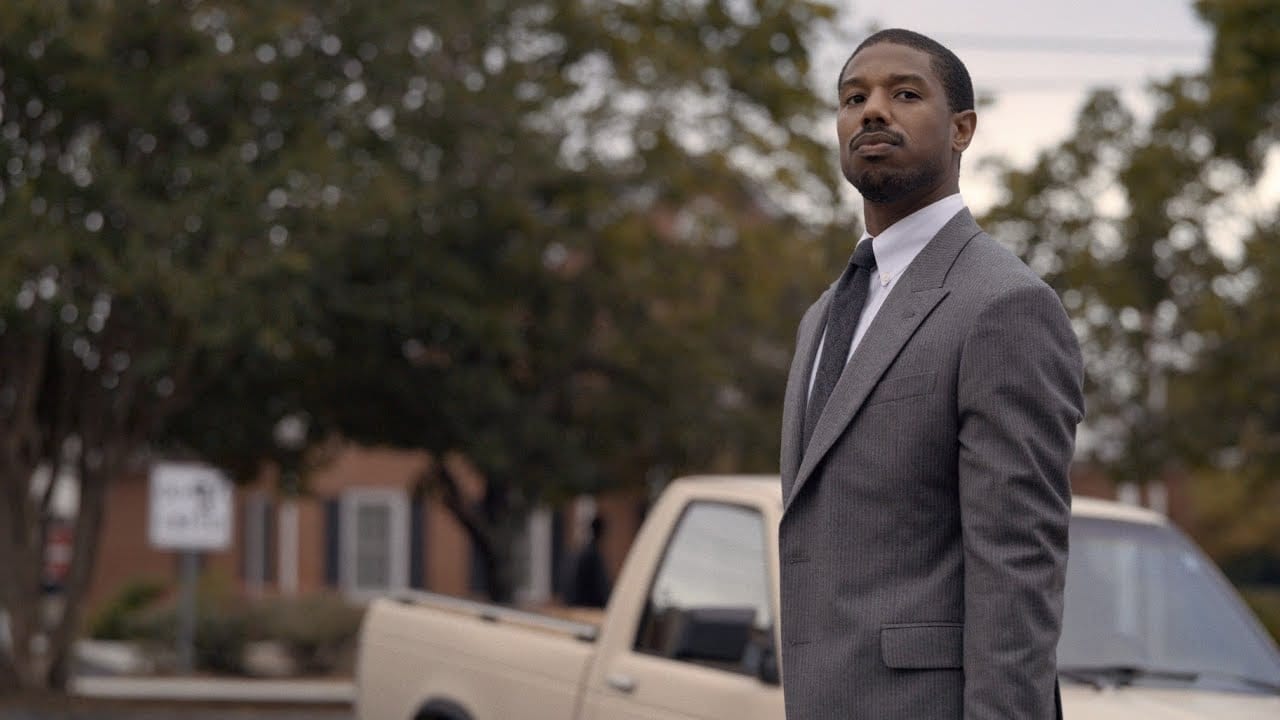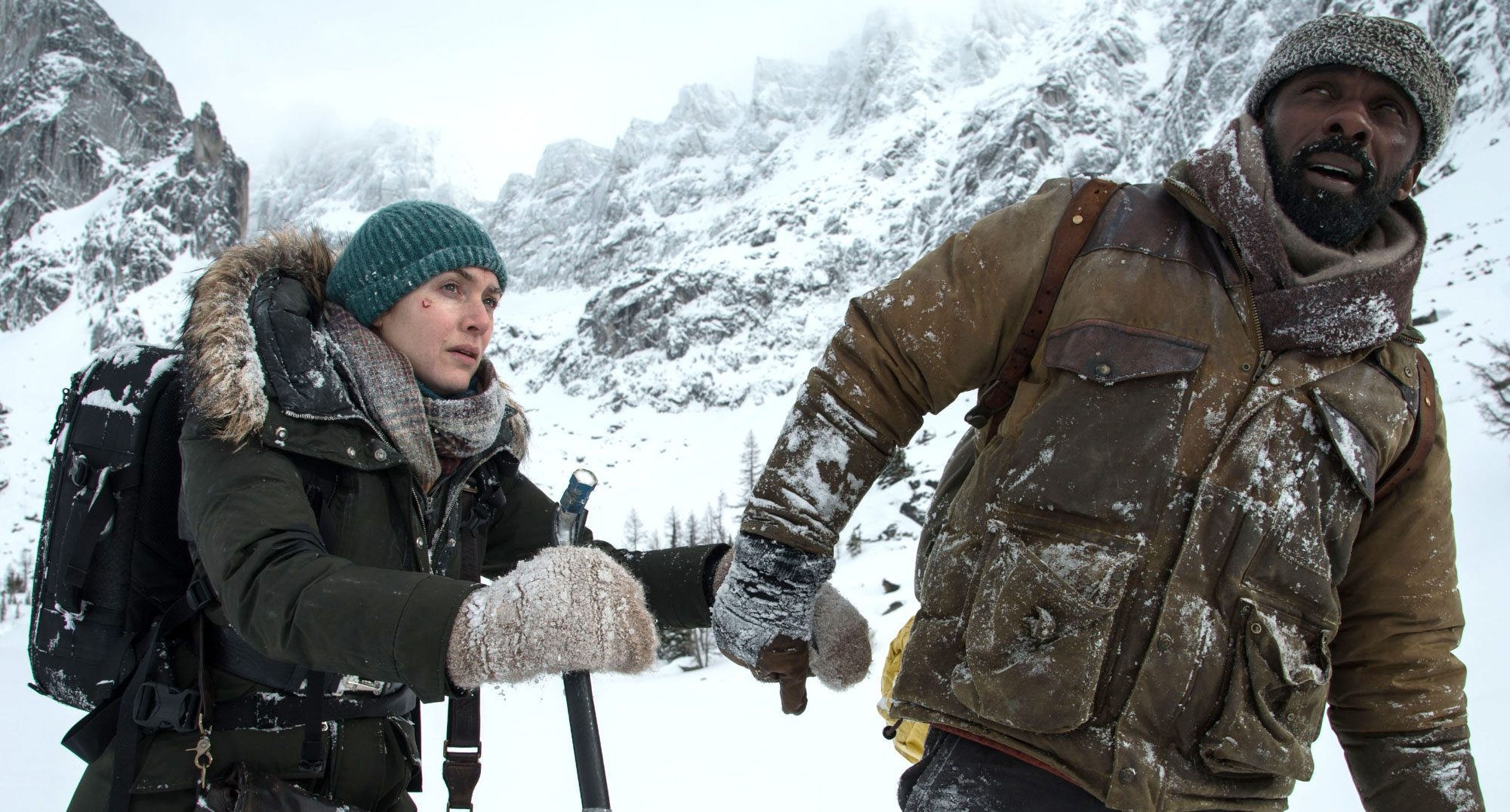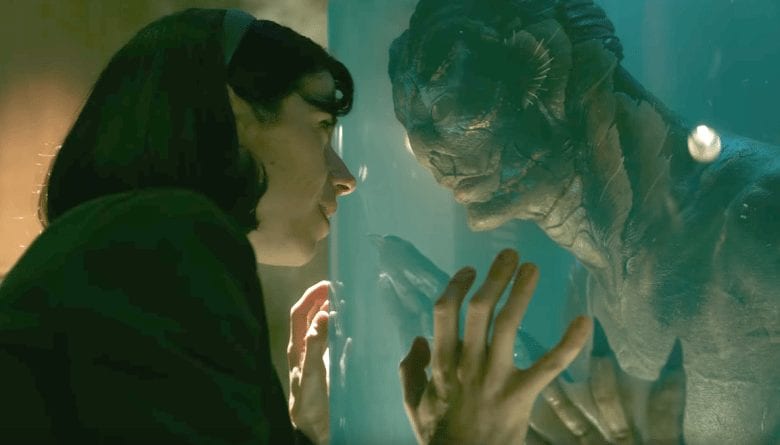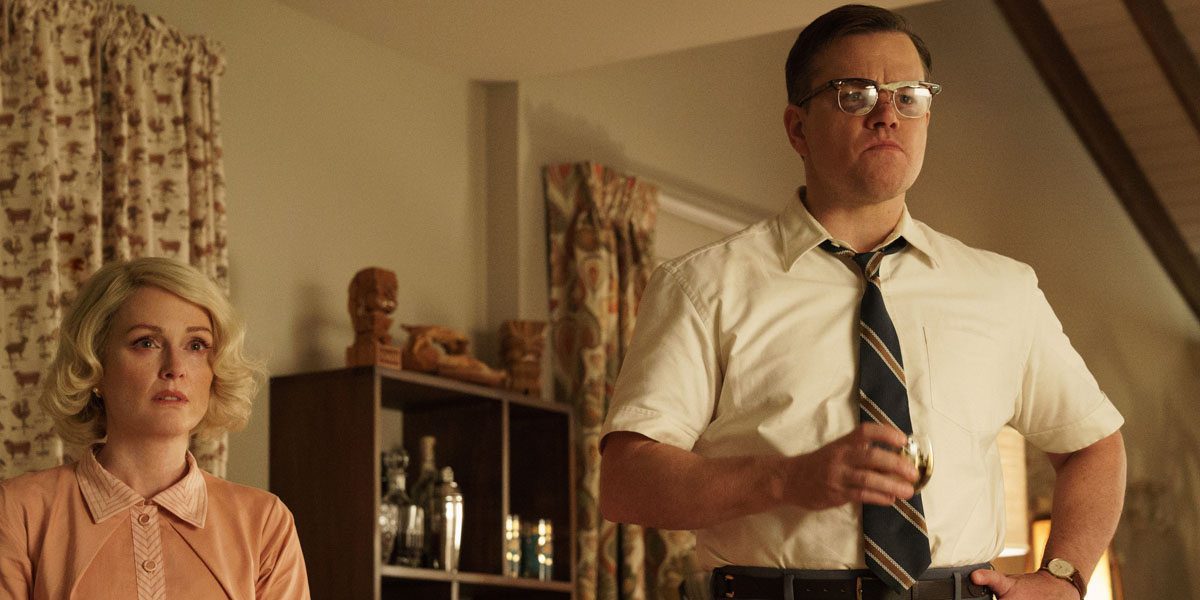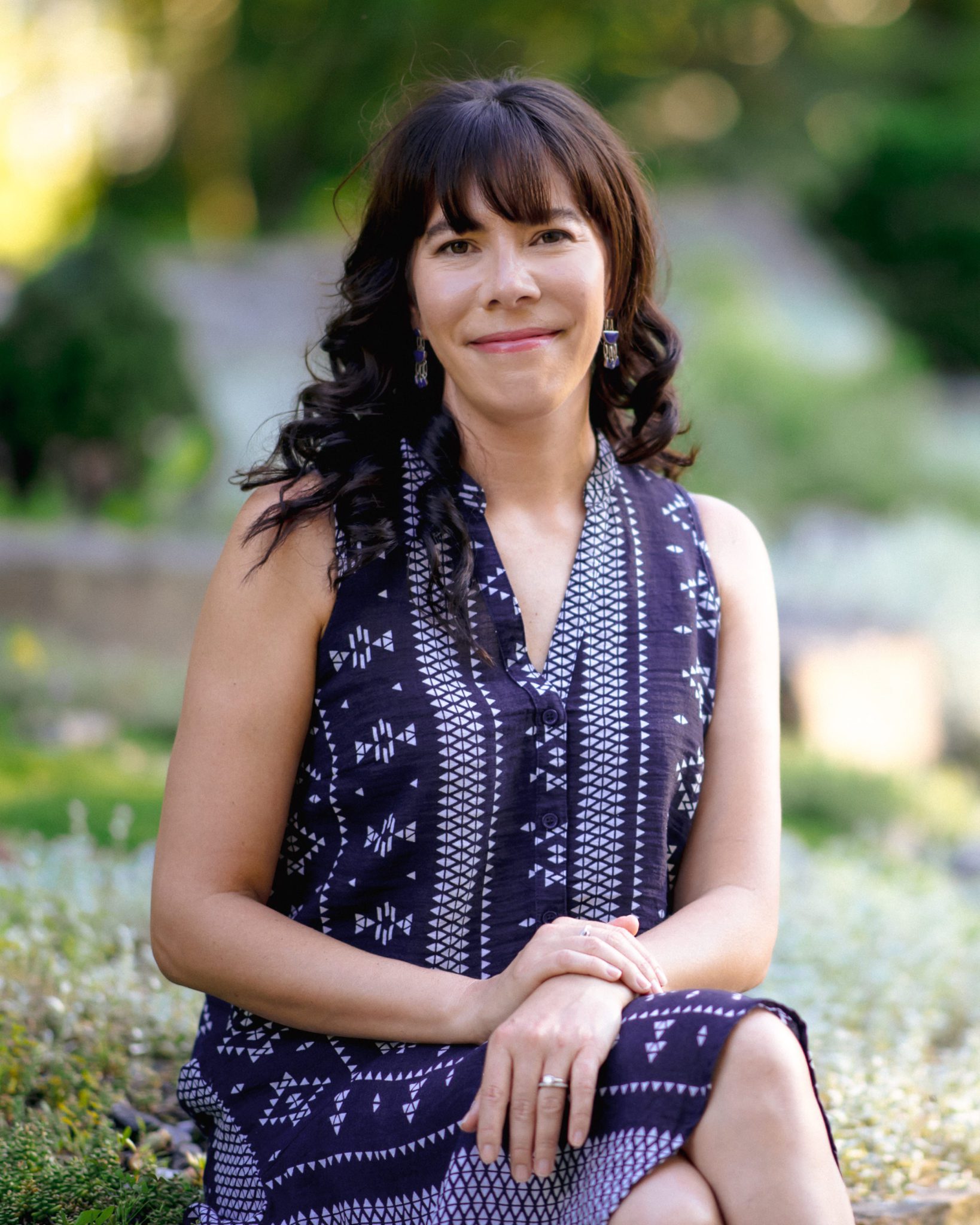
Rewriting the History Books: 1on1 with Tracey Deer (BEANS)
I remember the Oka Crisis. Or, at least, I thought I did. As a pre-teen, I vaguely remember hearing the stories of the Mohawk people who protested the building of a golf course. I remember seeing it on the news and hearing the testimonies of those who were worried that things would escalate. Because I…

